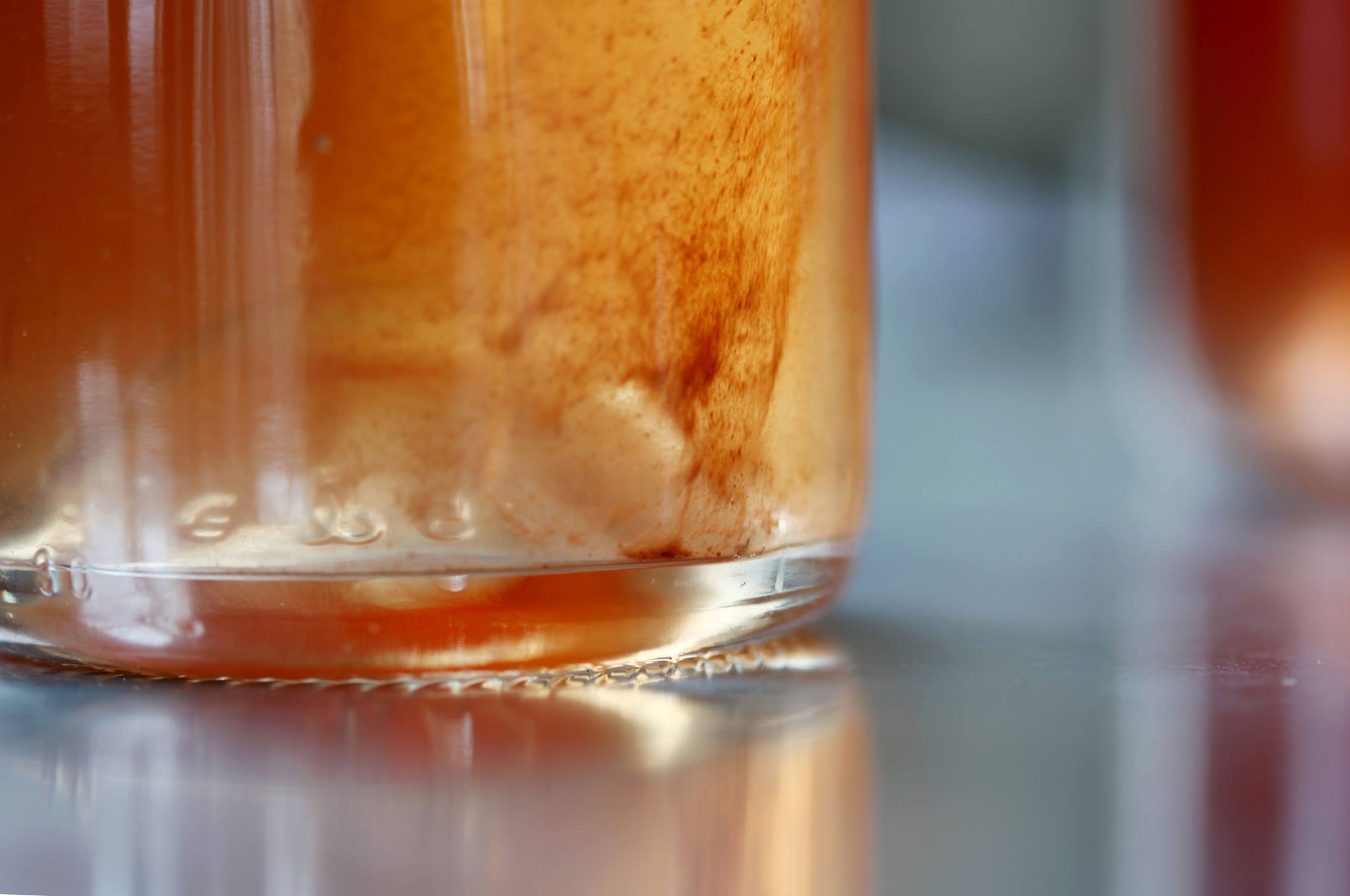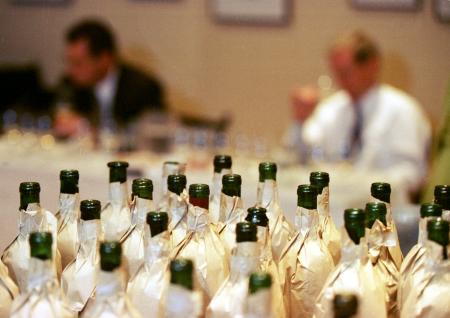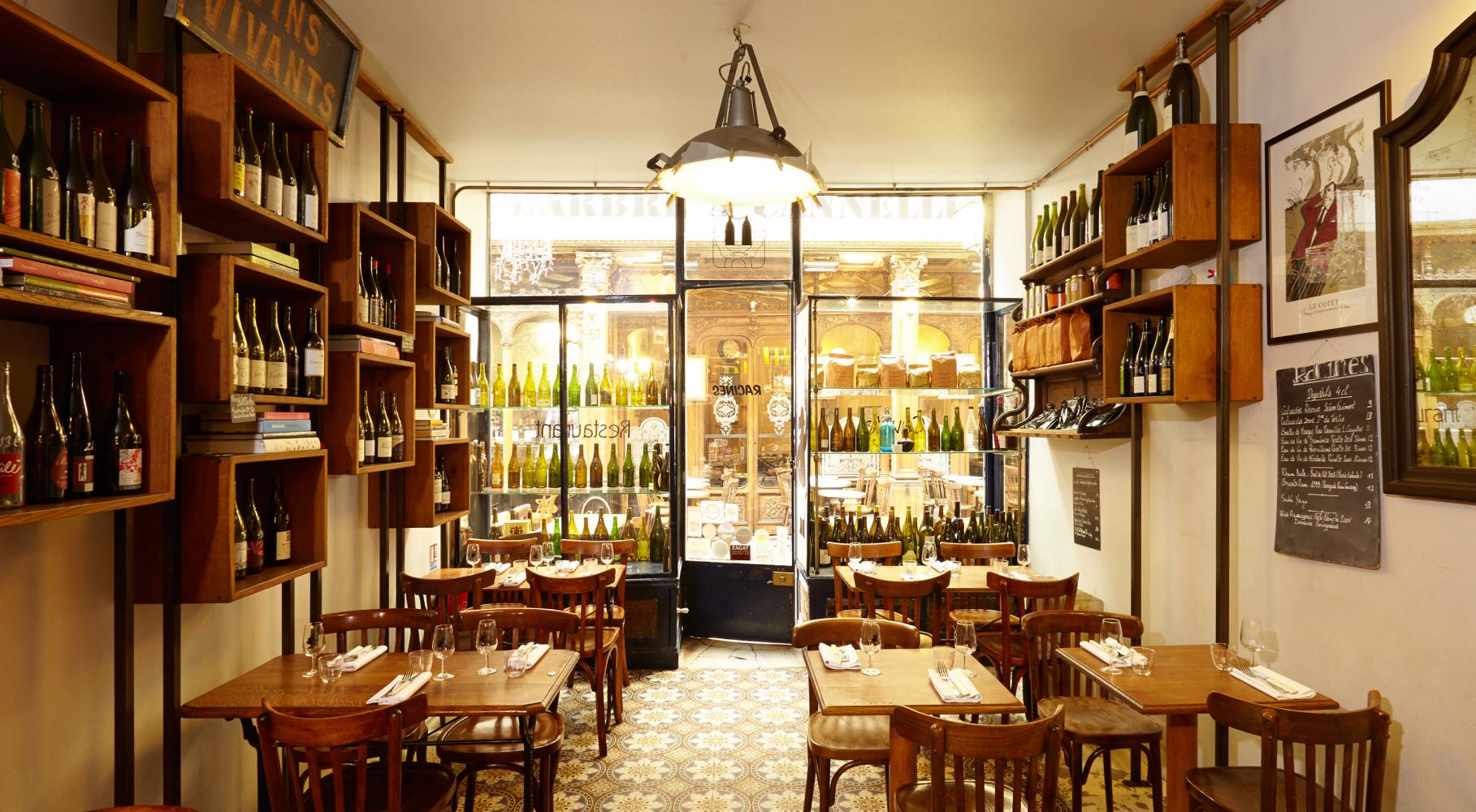What is your personal philosophy, Lucy asks Charlie Brown. He thinks for a moment: ‘Life is like an ice cream cone – you have to lick it one day at a time.’
Although I haven’t written about the topic of natural wine for ages I haven’t broken out in hives. Wine philosophy, after all, is surely for the cups; it is as a vaporous as the liquid itself. Sometimes, when we are overtly serious we make grandiloquent statements, sweeping judgements that do not withstand scrutiny. I do it all the time myself!

When asked what he thought of the French Revolution, the Chinese premier allegedly replied that it was too early to judge. The Chinese vision of their civilization covers thousands of years, whereas ours covers a few centuries. The story made me reflect on our society – the instant gratification demands plus demands for innovations and change to be evaluated even before they are adequately developed.
I like to think that the best natural wines are made with loads of patience, a wedge of intuition and a degree of acceptance.
Wine has been made for 8,000 years give or take. I don’t suppose in ye early days the good folk of the Caucasus were going around and saying: “This stuff sure is natural”. (Why do I imagine that Georgians have broad southern American accents?) Natural wine was never a short-term quick-fix philosophical trend but a simple artisan way of making wine with zero or limited tools. Or, in another sense it is about making do with you have got. Throughout the history of humanity progress has been always associated with doing more and more, making things easier (theoretically), defining, refining and technically improving. I like to think that the best natural wines are made with loads of patience, a wedge of intuition and a degree of acceptance.
Despite that there are still vignerons who make a wine for the kitchen, as it were – a super-fresh, bubbling liquid that is alive – in a jug, the spirited beaker of the warm south. This wine is for the grower, family and friends, for pleasure; the thought of some distant tasting panel analysing it chemically and passing judgement is so removed from the spirit of natural enterprise. These are the wines we want to enjoy everyday, living, breathing, oh-so-fresh, nourishing and digestible.
To protect against fraud and to ensure a certain quality, wine became subject to analysis and evaluation. Labelling became as important as the liquid inside the bottle; appellation laws had to be adhered to, certain denominator standards upheld. This may have originally been done with the best of intentions but as a result wines started to be made to appeal to taste of consumer panels and be easily recognisable. At some point the idea of wine became a more-or-less homogenous product, and therefore had to be deemed “product-worthy”.
With this in mind winemakers began to view wine in terms of the means of production and see grapes not as the juice of the vintage or as transmitters of terroir, but rather as the building blocks (I use the term advisedly) of something specific, a wine profile.
This wine is for the grower, family and friends, for pleasure; the thought of some distant tasting panel analysing it chemically and passing judgement is so removed from the spirit of natural enterprise.
In the world of wine which is always the best of all possible worlds (!), technical improvements are always being proudly trumpeted, but the common denominator of wine qua wine has barely shifted. Mediocre wine is a reality, the result of mass production to quench an ever-expanding demand, and all the oenological tropes such as adding acid, tannins, yeasts that guarantee a consistent product, come rain come shine, assist in manufacturing a commercial proposition. One could say that the technology has improved (or at least has become flashier) and the process of winemaking is now understood at a molecular level. That is progress of a kind. But understanding how your vocal chords work doesn’t make you a great singer, and though the science that we learn may make us into slick wine scientists, that is a long way from being farmers and vignerons, who live and breathe wine, have an intimate relationship with their vines and instinctively understand the nature of ferments. For real wine is more than cold science and chemical and microbiological sequencing; it refers to a place and a property, to people, to the randomness of nature and the wildness of yeasts, and all the transformations, and all the edges and flaws blend together imbue this liquid with its unique signature.

Genuine ignorance is…profitable because it is likely to be accompanied by humility, curiosity, and open mindedness; whereas ability to repeat catch-phrases, cant terms, familiar propositions, gives the conceit of learning and coats the mind with varnish waterproof to new ideas. —John Dewey
I like to think that natural wine appeals to a kind of genuine ignorance or humbleness, it tests the simple proposition that wine was, and can still be, a naturally-pleasurable drink free of dozens of allowable additives. It attracts the open-minded; those who give these wines a go are wine explorers.
Though the science that we learn may make us into slick wine scientists, that is a long way from being farmers and vignerons, who live and breathe wine, have an intimate relationship with their vines and instinctively understand the nature of ferments.
Pierre Jancou (Racines) says that he opened a wine bar so that he could drink the wines that he enjoyed. Natural wines, simple food, well-sourced and well cooked, attracts like-minded people. It is not a movement in the structured sense, it is word of mouth, word of blog, exchange of experience. The only philosophy I’ve read (other than poetical musings by certain enthusiastic growers and proponents) have been from an embryonic counter-cultural movement of individuals whose sole purpose in life might be to scoff at anything that finds favour. What we are saying that natural wine is a good, healthy and generous phenomenon and “it embiggens the soul” to borrow from the Simpsons – and whilst we heartily acknowledge not that all wines vinified in the name of natural wine are good, that is not really the point. I am equally dubious about conferring an aesthetic to natural wine – you might as well say “Pinot Noir is a great grape”. Yes, in the hands of the right person. Natural wine means different things to different people, but ultimately it is what is in the glass on a given day and the feeling that it elicits from the drinker.

Natural wine should contain a drink warning. People interested in this subject should drink more (and better) and think less.
Natural Wine: Ideology vs Practice
Recently I came across a very interesting blog post on natural wines. I can’t remember where I read it, alas. The writer makes some extensive observations, but cutting to the chase:
- Man makes the wines
- Natural wines are small scale and individual
- The ethical/idealist dimension of natural wines is a distraction
- Good natural wines show that the grower has understood the inextricable relationship between man and his environment
There are good natural wines and bad natural wines. You can assess these wines analytically and personally just like any other. The best naturalists don’t just want to make ethical wines, they also want to make good wines. For the best naturalists, making a good wine also means making wine that distinctly expresses aspects of both the grapes and their environment that we otherwise cannot experience. Hence enters the idea of symbiosis – naturalists are trying to create a symbiotic relationship between themselves and the environment in which their grapes are grown and then fermented into wine. It is not a question of dominance – either of man over nature or of nature over man. Rather, it is a question of learning from that which elides our desires to categorize and to essentialize. To me, the best natural wines capture the elusive mystery of the natural world in a way that other wines don’t. They do this by dialling back all of the modern wine making techniques that have proliferated across the world and come to dominate agriculture and wine making and by, in a sense, starting from scratch.
There are good natural wines and bad natural wines…The best naturalists don’t just want to make ethical wines, they also want to make good wines.
If we do very little to the grapes, then we can see their potential more clearly. It is for this reason, I believe, that most of the best naturalists are actually incredibly empirical. They test and experiment and take risks in order to discover potentials in their grapes that no one else has discovered. It is for this reason I believe that naturalists could end up being the most important forward thinkers in wine: they believe in their subject and they want it to teach them rather than for them to dominate and control it. This is a radical shift away from current wine making practices. Are the results perfect? Not at all. But they are almost always interesting and the best are constantly progressing and learning with each vintage. This is why we can’t define natural wines: they have not yet defined themselves.
Natural wine empiricism? (You gotta be kiddin’ me – Ed)

